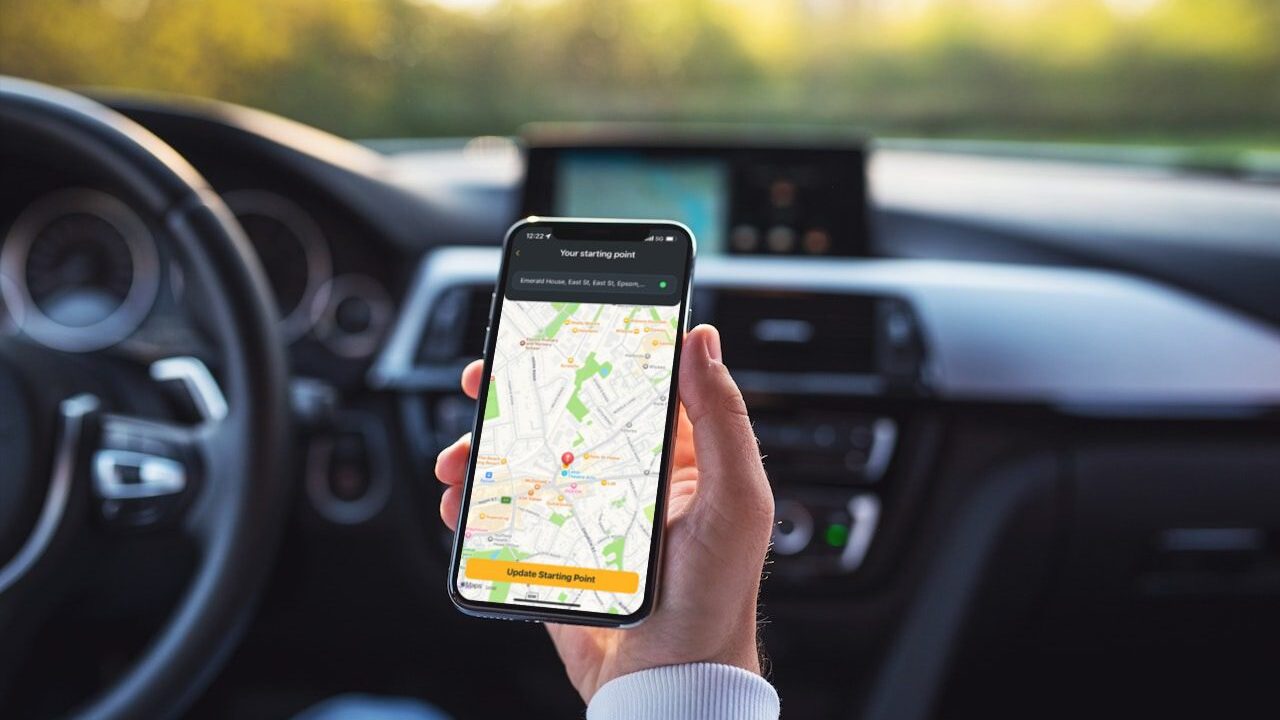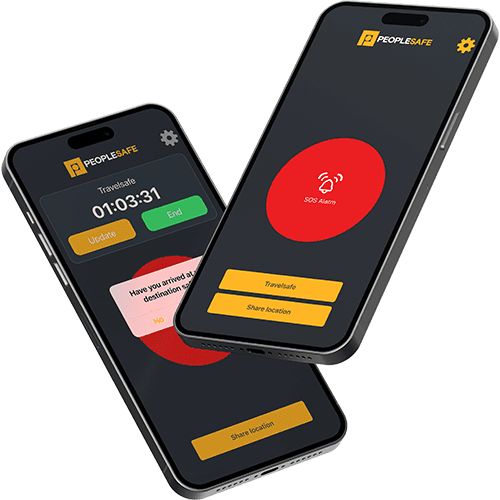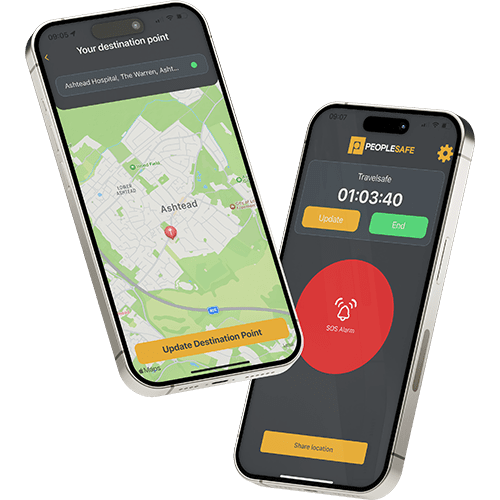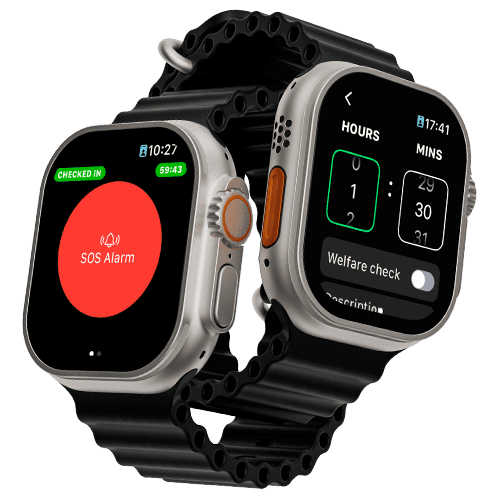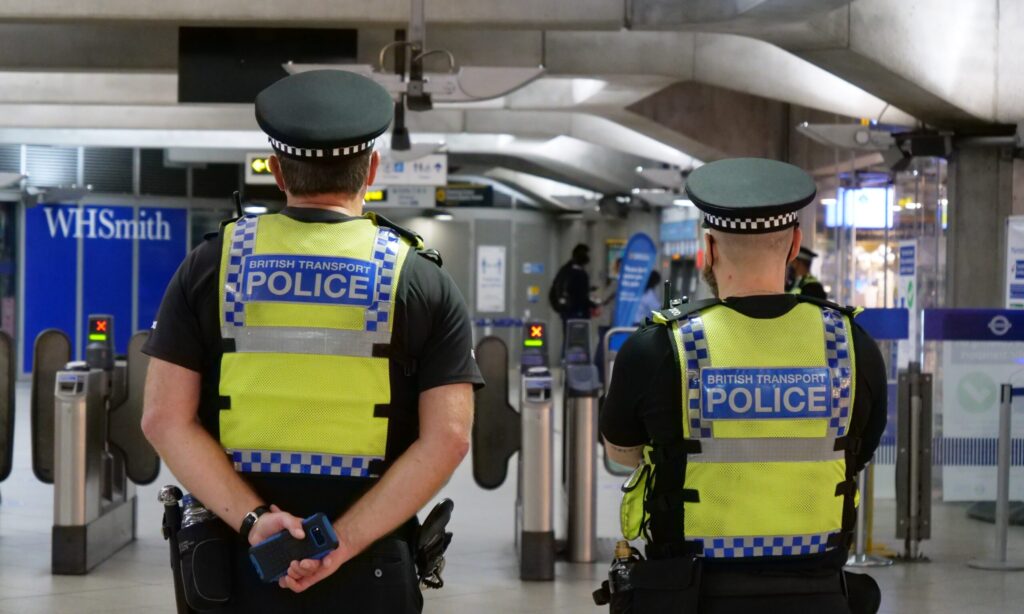Safeguarding Democracy: Addressing Personal Safety Fears During Election Time
Recent years have seen an alarming rise in abuse, harassment, and intimidation directed at politicians, campaign staff, and volunteers. As we enter another pivotal election season, it’s crucial to acknowledge and address the growing safety concerns that threaten both the individuals involved and the integrity of our democracy.
- 47% of women avoid discussing controversial topics to keep themselves safe
- Over 3,000 offensive tweets sent to MPs every day
- Almost half of councillors have experienced a serious incident of abuse
This troubling trend demands immediate attention and action.
The political climate today is more polarised and contentious than ever before. This heightened tension has manifested in increased incidents of threats and violence against those participating in election campaigns. According to the Local Government Association (LGA), nearly 27% of councillors have decided not to stand for re-election, with 68% citing abuse and intimidation as a factor that influenced their decision.
At the 2019 UK General Election over 50 MPs stood down, with many saying this was at least in part due to abuse they had received. Women in particular suffer a disproportionate level of unacceptable behaviour, both in person and online.
Groups such as the Jo Cox Civility Commission and Local Government Association (LGA) have warned that this abuse is getting so severe that it puts democracy at risk.
Recent Incidents Involving Political Campaigners
This year alone there have been several disturbing incidents involving political campaigners. In Ireland, Suzzie O’Deniyi and her team faced verbal abuse while canvassing, including racist and sexist slurs. Similarly, Green Party councillor Janet Horner was physically assaulted and threatened during poster hanging duties in Dublin. Recounting the assault, Janet shared, “He said ‘I’m going to kill you. I’m going to kill you.’
Independent councillor Tania Doyle and her husband were attacked while erecting election posters, enduring a prolonged assault that left them fearing for their lives. Tania shared, “I’d never come across such anger and such violence in all my life.” Additionally, in March, Green Party candidate Danica Priest lost part of her finger when a dog bit her while delivering campaign material in Bristol.
These incidents not only highlight the physical risks campaigners face but also the potential threat to the democratic process itself. It’s a simple reality that if more isn’t done to protect campaigners and their teams, many may be deterred from participating in politics. Hannah Kenny who was grabbed by the throat while canvassing in 2022 said:
Growing Safety Concerns
Growing safety concerns surrounding election campaigns are not unfounded. The growing data recording assaults and tragic murders of Jo Cox and Sir David Amess serve as stark reminders of the very real dangers faced by those in political roles.
Recently, 22% of councillors have reported incidents of public abuse so severe that local authorities were compelled to implement action plans to ensure their safety, often involving increased police presence at public events, personal security assessments and the provision of emergency contact points. However, this approach is not scalable across the entire political spectrum. Police resources are already stretched thin, making it challenging to provide consistent protection for all political figures. Plus, the cost of hiring private security is too high for many, leaving a significant gap in protection for those who can’t afford it.
Even parish councillors, who administer allotments, streetlights, and deal with planning on a local level, see abuse. Linda Hedley, general secretary of the Association of Local Council Clerks, shared the experiences of her colleagues: “I’ve had clerks phone me saying, ‘I can’t go into the office, I’m so frightened.’ I’ve had clerks who have been so harassed, bullied, and frightened that they’ve had nervous breakdowns.”
Speaking on personal experience, one former chair of a parish council recounted, “I received multiple abusive phone calls in the middle of the night. Eventually, it became too much. My family was begging me to stop, they could see the effect it was having on me. Now I live outside of the area.”
It’s clear that this abuse is persistent and pervasive, posing a clear threat to those involved and the democratic process. No one should be afraid to go to work or be forced out of a democratic position due to fear of abuse.
The escalating fear and intimidation not only discourage individuals from entering politics but also force existing public servants out of their positions.
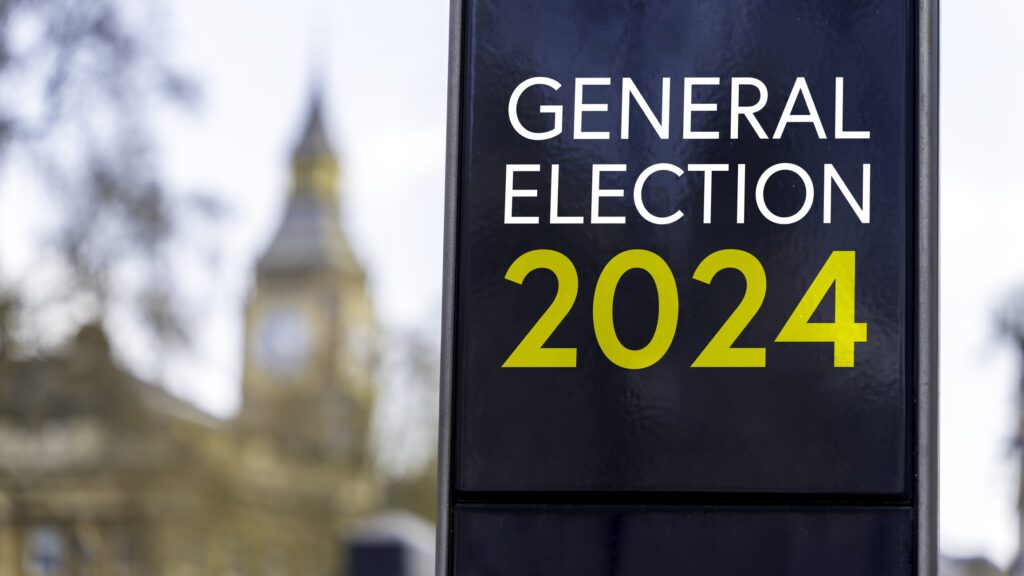
Vote Canvassing
Vote canvassing, whether door-to-door, on high streets, or at public meetings, is a fundamental aspect of political campaigns. These activities, while crucial for engaging with voters, often expose campaigners to significant risks.
Door-to-door canvassing, in particular, can lead to dangerous encounters with hostile residents. Campaigners knocking on doors may be met with suspicion and, in some cases, aggression, making the process dangerous for those involved if they don’t have security measures in place.
High street campaigning, while essential for visibility and voter interaction, often places campaigners in highly charged public environments where confrontations can quickly escalate. Public meetings, intended as forums for open discussion and democratic participation can unfortunately attract individuals intent on causing disruption or harm, heightening the risks for those involved.
Campaigners have reported negative experiences while canvassing or at campaign events. Female candidates, in particular, are disproportionately affected, with 56% avoiding campaigning alone compared to 19% of men. Nearly half (47%) of women also reported avoiding discussing controversial topics to keep themselves safe, compared to 20% of male respondents.
Clare Golby, who has been a councillor for nearly a decade, shares the heightened sense of vulnerability among politicians. She expressed, “I don’t want to be Nuneaton’s David Amess or Jo Cox, so I don’t do face-to-face surgeries anymore.” This statement underscores the very real fears that politicians face when engaging directly with constituents, highlighting the need for enhanced safety measures during election campaigns and serving terms.
Political Abuse and Intimidation
Physical threats and assaults are also increasingly reported, with research by De Montfort University on behalf of the Association for Public Service Excellence suggesting that almost half of councillors have had a serious incident of abuse.
But this abuse doesn’t end when councillors and members of parliament go home. The rise of online harassment is clear, with more than 3,000 offensive tweets directed at UK Members of Parliament daily.
This pervasive online abuse, coupled with incidents of physical threats and assaults, has led many individuals involved in political campaigns to seek security measures, including hiring private security, installing panic alarms at home and involving law enforcement.
However, challenges such as the high costs associated with hiring security, the unreliability of certain protective processes, and the fear of not being taken seriously by authorities in cases of abuse make it difficult to address these threats effectively.
Stalking and Harassment
The threat of stalking and harassment is particularly concerning for those travelling alone or attending events. Politicians and campaigners often travel extensively as part of their duties, which can leave them vulnerable when they are away from their usual support networks.
Clare Golby told the BBC: “I don’t like leaving meetings alone or going to the car park alone. I need people with me. I don’t like my kids coming to public events or the carnival with me”. These concerns reflect a broader concern among political figures about the risks associated with being alone in public spaces, especially given the increasing frequency of harassment and threats.
Richard MacRae, an independent town and district councillor, shared his perspective on the psychological toll of this abuse:
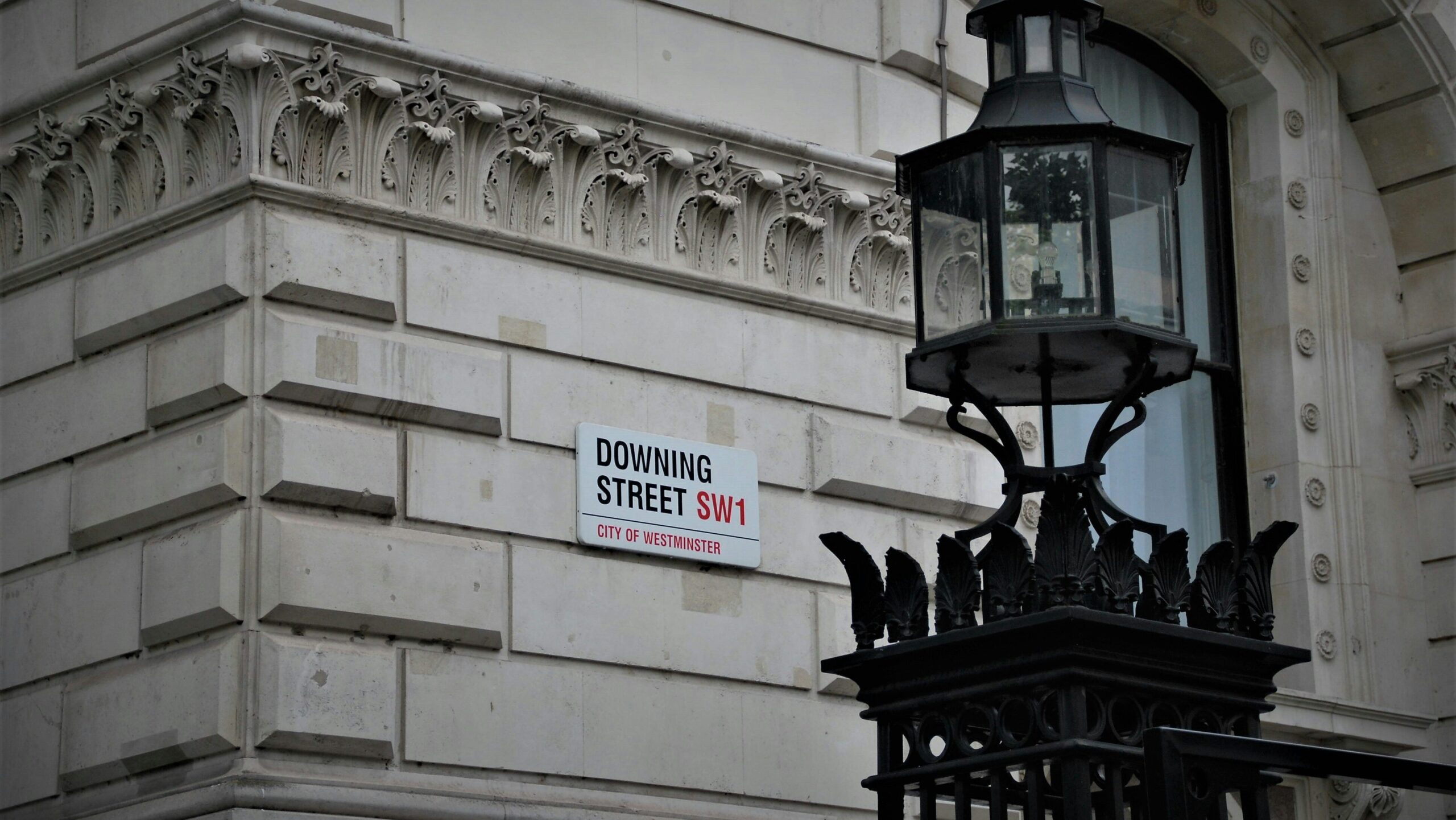
The Far-Reaching Impact of Political Threats
It’s also vital to acknowledge that the impact of these threats extends beyond the individuals involved in campaigns, in many cases reaching their families. The safety of loved ones is a significant concern, with many campaigners fearing for their family’s wellbeing due to their political involvement. This added strain not only impacts the individuals directly involved but also diminishes the potential pool of leaders.
In a story told to the BBC by a parish clerk who has worked in the East Midlands for a decade, she shared, “It started with comments which became threats. Then I started getting dead animals left on my doorstep, with one dead rat pushed through the letterbox,” “My daughter yelled, ‘Mum there is a dead rat in the house!’. Another candidate received such troubling abuse online that their children felt unsafe at school.
These instances serve as clear reminders of how political intimidation reaches into the personal lives of campaigners, affecting not only their own mental and emotional wellbeing but also the sense of security and safety of their families. For many, this is enough reason to withdraw.
The Impact of Abuse on Elections
It’s evident that when candidates are afraid of abuse, they’re less inclined to campaign openly. This deprives voters of vital information needed to make informed choices. The toll on candidates may prompt some to withdraw completely, diminishing voter options and damaging our democratic process.
Councillor Marianne Overton, warns, “If left unaddressed, abuse and intimidation risk forcing good councillors out of local politics altogether.”
Temporary Assistant Commissioner Nik Adams, from the City of London Police and the NPCC portfolio lead for elections, also commented, “Our democracy can be harmed if our elections are undermined” he added, “threats, intimation and hate can undermine people’s willingness to stand, and it can also undermine free speech and free debate.”
Proactive Solutions for Enhanced Safety
In an effort to address safety concerns during election campaigns, steps are being taken to bolster security. In February 2024, the police were given powers to expand Operation Bridger, a nationwide police protective security operation aimed at enhancing the safety of MPs.
This initiative ensures that all candidates have access to a dedicated named contact in every force. These contacts serve as a vital resource for candidates to raise concerns or threats against them and receive specialised briefings on security matters.
Additionally, Vijay Rangarajan, Chief Executive of the Electoral Commission is urging parties across the political spectrum to commit to a “respectful election campaign.” This Civility Pledge was launched by the Jo Cox Foundation in partnership with Compassion in Politics to promote respectful politics in memory of the Labour MP.
In conjunction with this initiative, practical measures are needed to empower and safeguard candidates and campaign workers. Guidance jointly issued by the Electoral Commission and the police outlines actions and behaviours that may constitute a criminal offence, urging candidates to report these to the police and to educate their staff and volunteers about the importance of safe campaigning.
Candidates are advised to:
- engage with their local police force for security,
- take active steps around personal safety,
- avoid canvassing alone, keep records of any abuse,
- conduct online privacy checks, and
- report abuse to internet service providers and social media platforms.
They’re also warned of potential signals that behaviour could escalate and to call 999 in an emergency.
To further support campaign workers and candidates, it’s crucial to equip them with essential skills and resources to handle confrontations and recognise signs of harassment. Through comprehensive training and awareness programs, individuals can learn effective de-escalation techniques and understand the importance of personal safety protocols.
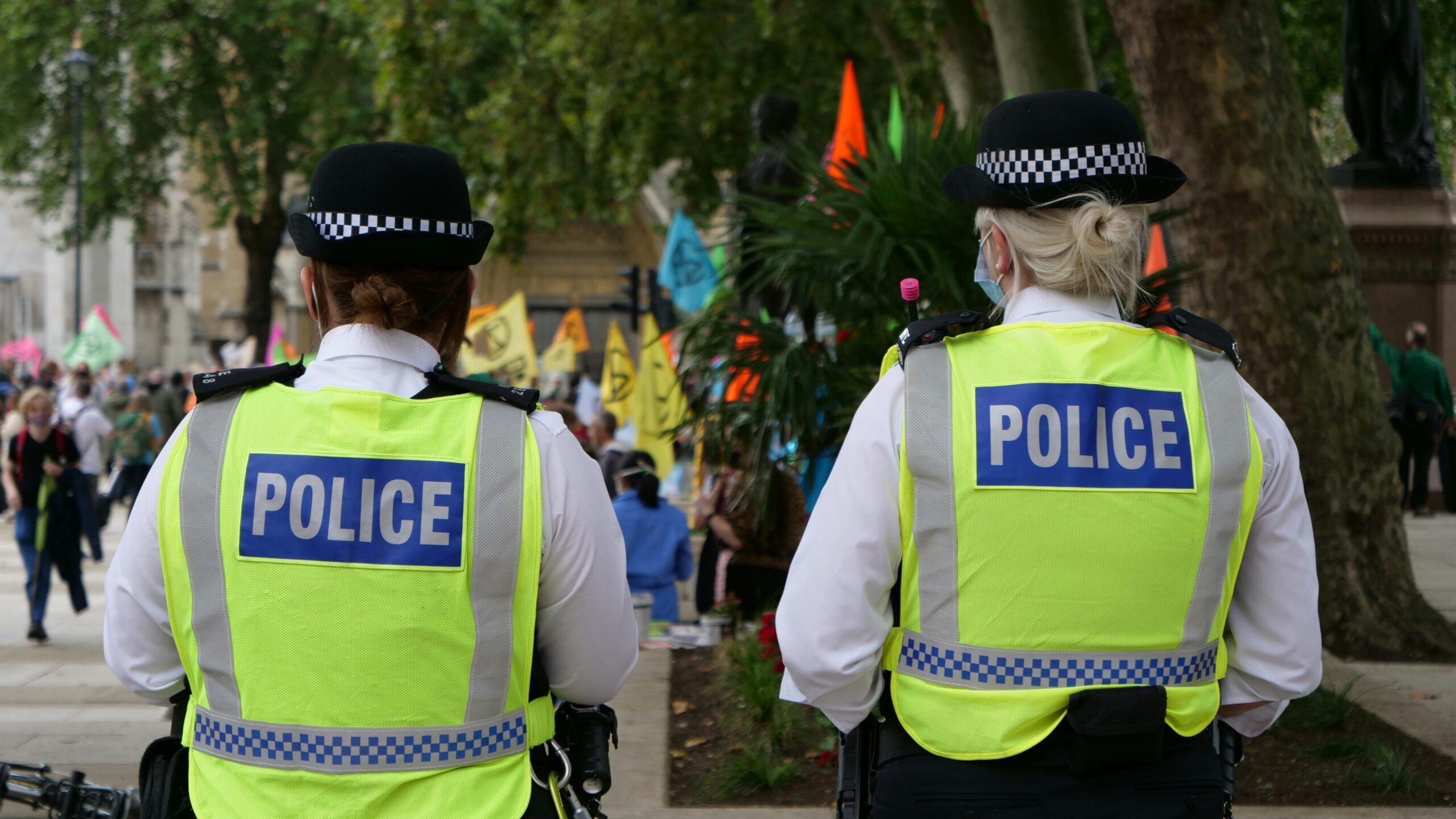
The Role of Technology in Personal Safety
Technology can also play an invaluable role in empowering campaign workers. Safety technology services, such as Peoplesafe, can be utilised through a dedicated device or smartphone, providing users with a direct link to emergency support.
Access to Peoplesafe allows people to raise an alarm directly to the 24/7 Peoplesafe control centre in threatening and dangerous situations. The GPS-enabled solutions are able to provide an accurate location which can be relayed to pre-determined people or the emergency services, if necessary.
Peoplesafe’s control centre is fully accredited to the highest industry standards, providing access to bypass the 999 system, meaning that in an emergency help can arrive on the scene within 4 minutes. This rapid response is essential for ensuring the safety and wellbeing of individuals facing imminent threats or emergencies. Having this remote backup support also provides extra psychological assurance that assistance is available, helping to improve mental health and wellbeing.
Additional features such as Travelsafe can provide peace of mind while travelling alone, canvassing or attending events. By setting their location and destination, users can rely on the app to calculate their expected travel time and estimated arrival. If they fail to reach their destination by the estimated time, the app automatically triggers an alarm to our 24/7 control centre, ensuring immediate attention if needed.
Even with support available, the constant fear of being targeted, whether in public or private spaces, takes a toll on mental health and wellbeing, potentially leading to heightened anxiety, stress, and even trauma. This makes it vital to provide access to psychological support for those affected by abuse and intimidation. Offering counselling and mental health services can equip individuals with coping mechanisms to manage the psychological effects of ongoing threats, harassment and abuse.
To protect the democratic process, a comprehensive approach must be taken. It’s essential that we take a stand against this abuse and ensure a safe and respectful environment for all individuals participating in elections, the campaign process and ongoing political work. Ensuring their safety and wellbeing beyond the election period is crucial to encourage individuals to remain in public service without fear of retribution or harm.
